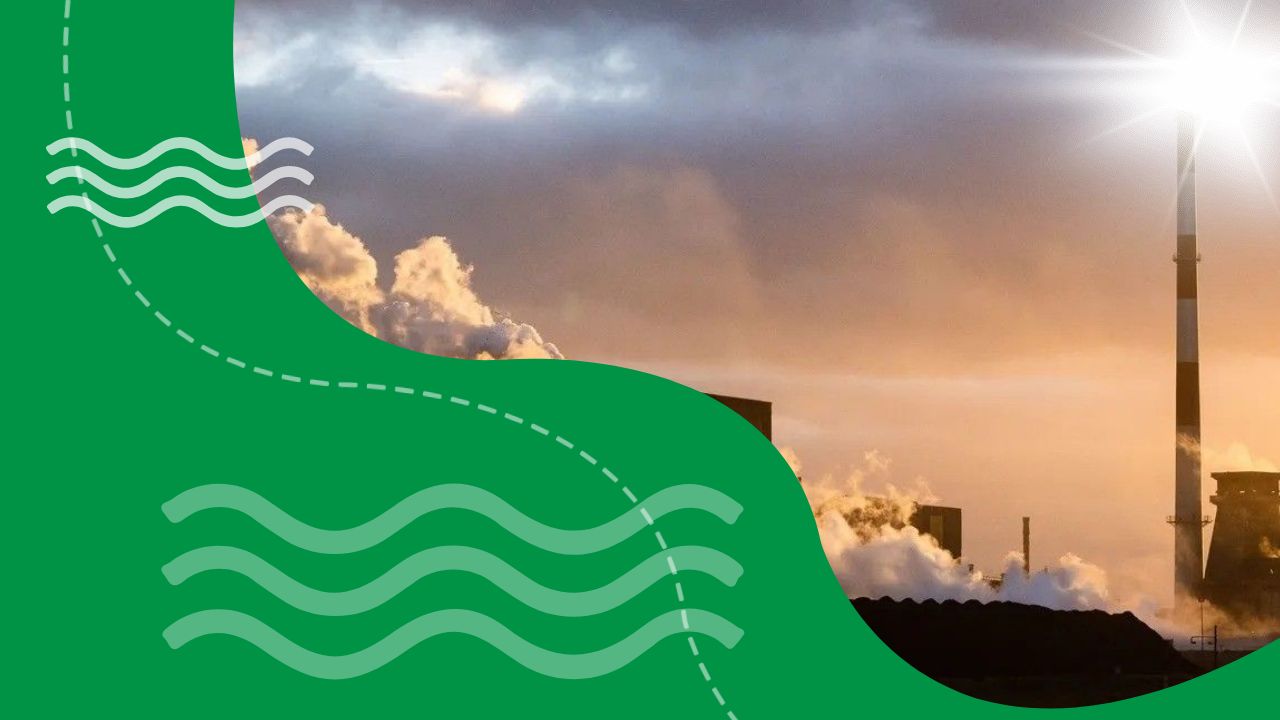The City of Kalisz in Poland is poised to embark on an exploratory geothermal drilling initiative, thanks to PLN 14 million (approx. USD 3.5 million) in funding from the National Fund for Environmental Protection and Water Management (NFOSiGW). The financial support, granted based on Kalisz’s application, aims to subsidize the drilling of a vertical borehole, reaching a depth of 1700 meters at a designated site near the Aquapark swimming pool complex within the 2024-2025 timeframe. Kalisz Mayor Krystian Kinastowski expressed satisfaction, emphasizing the city’s long-standing efforts in project development and analysis. The geothermal well is expected to provide insights into the resource, aiding decisions on potential applications for heating or recreational purposes. Professor Jacek Zimny highlights the region’s geothermal potential, particularly along the Poznan–Konin-Kalisz-Sieradz line, deemed the “valley of warm,” with a relatively shallow reservoir at about two kilometers. Encouragement also stems from the successful utilization of geothermal heat in the nearby town of Uniejow. Geotermia Uniejow’s co-generation plant has been operational since the early 1990s, utilizing geothermal, biomass, and oil sources. Geothermal wells in Uniejow, reaching depths of approximately 2000 meters, serve as a promising precedent. The NFOSiGW’s commitment to geothermal development in Poland is evident, having allocated PLN 530 million in subsidies to 18 localities for geothermal research and appraisal well drilling by the end of 2023. Progress is already underway in Gniezno, Otwock, and Zyrardow.
Source and Credit: thinkgeoenergy.com

